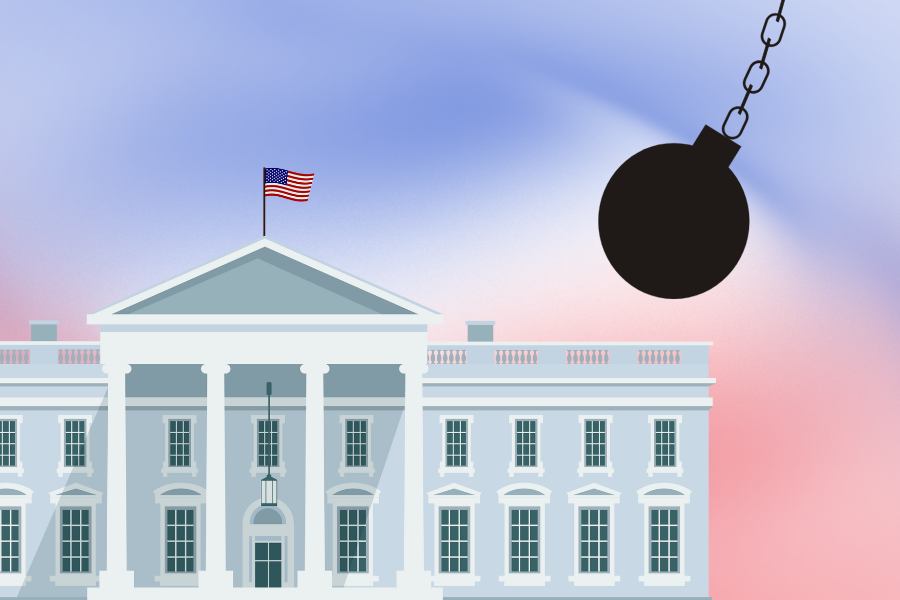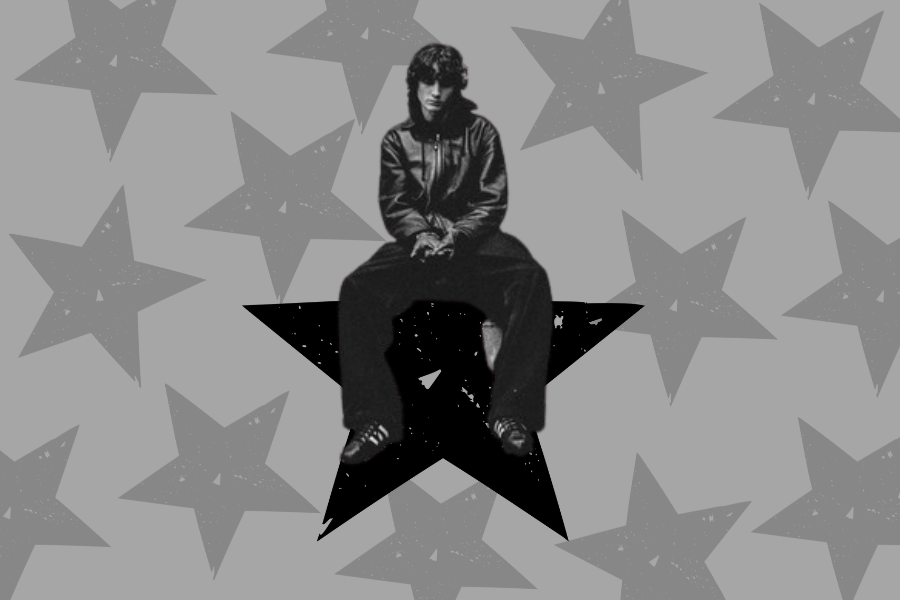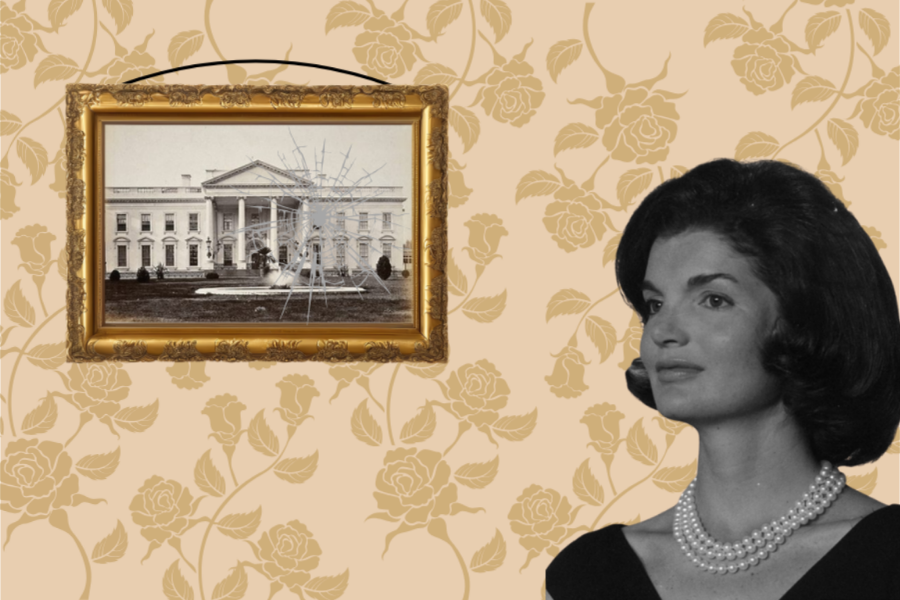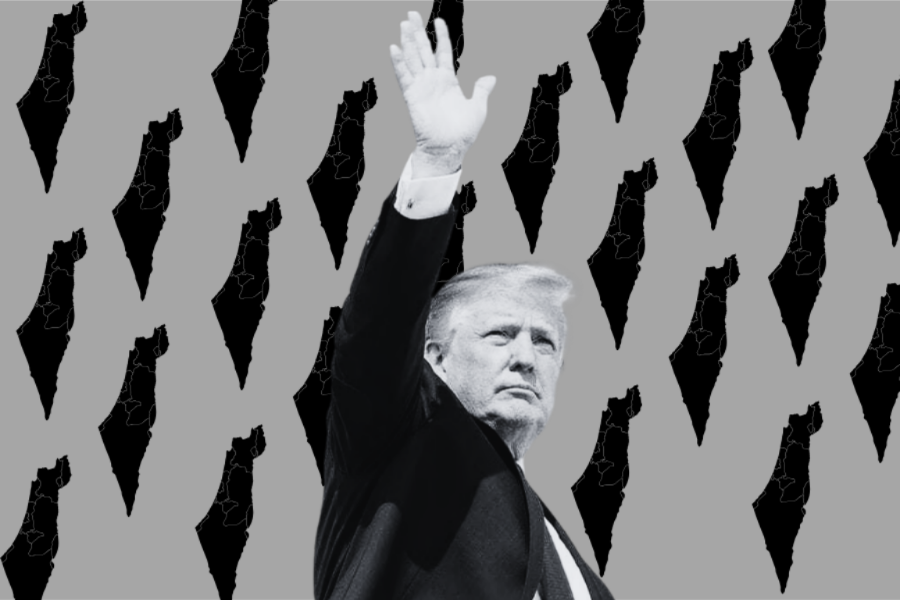The recent publishing and subsequent marketing of pieces of “Harry Potter” fanfiction have reopened discourse about the place that fanfiction has in published novels.
“Manacled” by SenLinYu, a “Harry Potter” fanfiction exploring the popular concept of a romance between Draco Malfoy and Hermione Granger, was published Sept. 23 under the name “Alchemised.” According to NPR, this example is one of many of the same type, including “Rose in Chains” by Julie Soto and “The Irresistible Urge to Fall for Your Enemy” by Brigitte Knightley. All three of these examples are the same type of fanfiction: “Harry Potter” fanfiction that explores the romantic pairing of Malfoy and Granger.
This isn’t the first time that popular fanfiction has been traditionally published. “50 Shades of Grey” by E.L. James and “The Love Hypothesis” by Ali Hazelwood are both incredibly popular traditionally published books that began as fanfiction. Their status in pop culture has reached the point where most readers are unaware of their backgrounds.
Besides books that were originally published on Archive of Our Own, a fanfiction archive, there are many popular books that are known for being retellings of famous stories. The idea of a retelling is a more sophisticated publishing term for fanfiction that relates to stories that are in the public domain, since selling fanfiction of a copyrighted piece of media is illegal.
The legality of selling fanfiction mostly rests on two ideas: if the work uses the original names of copyrighted characters and if the work is marketed as a fanfiction of a copyrighted piece. The three published “Harry Potter” fanfictions have changed the names of the original characters and changed parts of the story so that they cannot be directly traced to “Harry Potter” anymore.
The controversy with these pieces centers around the fact that they are openly being marketed as “Harry Potter” fanfiction.
All three of the works mentioned previously are different from other pieces of published fanfiction. Neither “50 Shades of Grey” nor “The Love Hypothesis” was openly marketed as fanfiction. Often, readers had to do a large amount of digging into the author’s history or recognize the since-deleted fanfiction piece in the published work. This allowed authors to sell these books without fear of retribution from the original authors of the works of inspiration.
Since most artistic endeavors, including writing, almost always involve some level of inspiration from other pieces of art, it’s a slippery slope of accusing an author of publishing fanfiction if they are not using that fact as marketing and not mentioning any original characters in the story. Almost all novels have some level of inspiration from other pieces, which often improves the quality of writing.
The issue here is not the actual act of publishing fanfiction with the names changed. It’s the blatant marketing of these three books as fanfiction that raises issues. This is especially interesting since this comes at a pivotal moment for the original author of the “Harry Potter” series, J.K. Rowling.
Rowling has been publicly scrutinized specifically for her transphobic comments and funding of groups that actively negatively target transgender people. Recently, actors of the original “Harry Potter” movie series have been speaking out against the author’s actions, which is one factor in the creation of a new “Harry Potter” series.
Boycotts of the book series and any merchandise related to it have become popular, and many argue that the series should not be publicized for fear of the funds generated being used to fund anti-transgender legislation.
The publishing and marketing of “Harry Potter” fanfiction has reignited talk about the book series among adults who are reading the newly published novels. The marketing of these books as related to “Harry Potter” has brought the series into the mainstream at a time when Rowling needed more eyes on her work.
Many feel that this constitutes an argument for the idea that Rowling allowed the use of the “Harry Potter” intellectual property in the marketing for these books in order to bolster the amount of attention on the series and to distract from the boycotts against her.
These concepts make the morality of both publishing and buying these novels suspect, since they may help fund someone who actively attempts to harm minorities.














